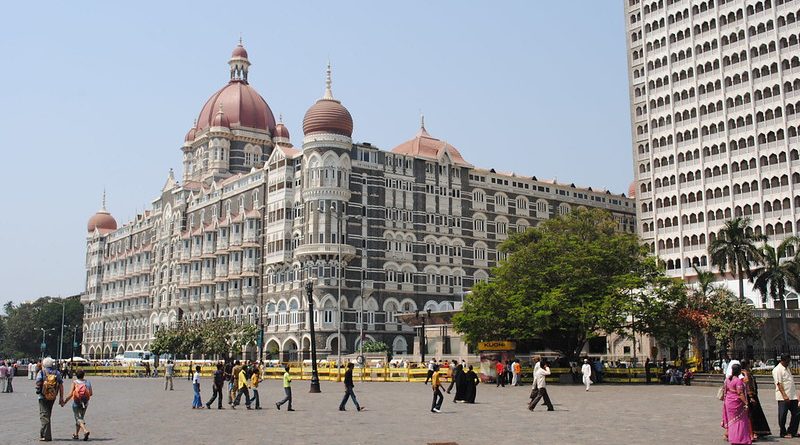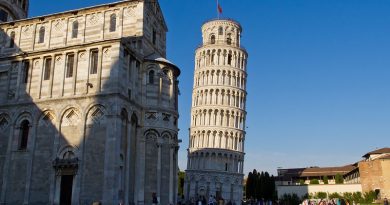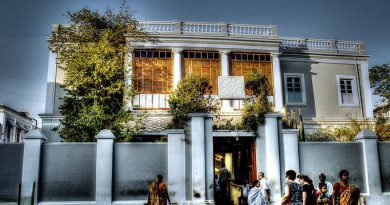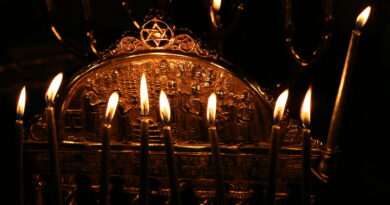A Brief History of Mumbai
Mumbai, also known as Bombay, is the capital city of the Indian state of Maharashtra. It is the most populous city in India, and the fourth most populous city in the world, with a total metropolitan area population of approximately 20.5 million.
The name Mumbai is derived from Mumba or Maha-Amba—the name of the Koli goddess Mumbadevi—and Aai, “mother” in the language of Marathi. The oldest known names for the city are Kakamuchee and Galajunkja; and these are sometimes still used.
The seven islands that came to constitute Mumbai were home to communities of fishing colonies. For centuries, the islands were under the control of successive indigenous empires before being ceded to the Portuguese and subsequently to the British East India Company.
The Mughal Empire, was the dominant power in the Indian subcontinent during the mid-16th century but during the reign of the Mughal emperor Humayun, Sultan Bahadur Shah of Gujarat signed a treaty with the Portuguese Empire in 1534. According to the treaty, the Seven Islands of Bombay were offered to the Portuguese.
The Portuguese were actively involved in the foundation and growth of their Roman Catholic religious orders in Bombay.The Portuguese Franciscans and Jesuits built several churches in the city.
The English were in constant struggle with the Portuguese vying for hegemony over Mumbai, as they recognised its strategic natural harbour and its natural isolation from land attacks. By the middle of the 17th century the growing power of the Dutch Empire forced the English to acquire a station in western India.
On 11 May 1661, the marriage treaty of Charles II of England and Catherine of Braganza, daughter of King John IV of Portugal, placed the islands in possession of the English Empire, as part of Catherine’s dowry to Charles.
England leased these islands to the English East India Company in 1668
After the British gained possession of the city in the 17th century, the Portuguese name was officially anglicised as Bombay.By the late 20th century, the city was referred to as Mumbai or Mambai in Marathi, Konkani, Gujarati, Kannada and Sindhi, and as Bambai in Hindi, Persian and Urdu.
The English name was officially changed to Mumbai in November 1995. This came at the insistence of the Marathi nationalist Shiv Sena party that had just won the Maharashtra state elections and mirrored similar name changes across the country. They argued that “Bombay” was a corrupted English version of “Mumbai” and an unwanted legacy of British colonial rule. The push to rename Bombay was part of a larger movement to strengthen Marathi identity in the Maharashtra region. While the city is still referred to as Bombay by some of its residents and Indians from other regions, mention of the city by a name other than Mumbai has been controversial, resulting in emotional outbursts sometimes of a violently political nature. A widespread popular etymology of Bombay holds that it was derived from a Portuguese name meaning “good bay”, as bom is Portuguese for “good” and baía (or the archaic spelling bahia) means “bay”.




